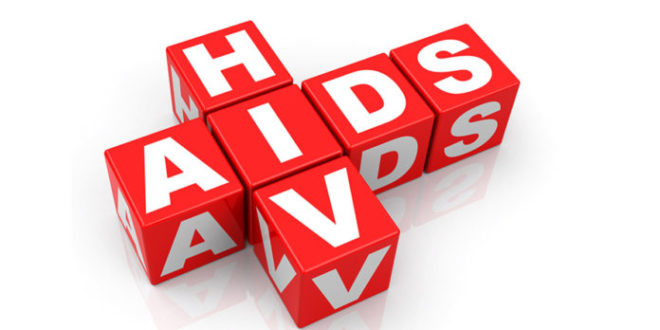Human Immunodeficiency Virus (HIV) is a virus that attacks the immune system, making it harder for the body to fight off infections and diseases. There is currently no cure for HIV, but it can be managed with a combination of antiretroviral therapy (ART).
ART involves taking a combination of medications every day to suppress the virus and prevent it from replicating. When taken consistently as prescribed, ART can help people with HIV live long, healthy lives and reduce the risk of transmitting the virus to others.
It is important to get tested for HIV if you think you may have been exposed to the virus, and to start treatment as soon as possible if you are HIV-positive. It is also important to practice safe sex and use condoms to reduce the risk of HIV transmission.
In addition, there are several preventative measures that can help reduce the risk of HIV transmission, such as pre-exposure prophylaxis (PrEP) and post-exposure prophylaxis (PEP). PrEP is a daily medication that can be taken by people who are HIV-negative to prevent HIV transmission. PEP is a course of medications that can be taken after a potential exposure to HIV to reduce the risk of infection.
There are several other things you can do to manage HIV and live a healthy life:
1. Take your medications consistently: It is important to take your ART medications as prescribed by your healthcare provider. Missing doses or not taking them consistently can lead to HIV resistance, which makes the virus harder to treat.
2. Practice safe sex: Using condoms and other barriers during sexual activity can help reduce the risk of HIV transmission. It is also important to get tested regularly for HIV and other sexually transmitted infections (STIs).
3. Get vaccinated: Some vaccines can help protect against infections that may be more dangerous for people with HIV, such as the flu and pneumonia. Talk to your healthcare provider about which vaccines are recommended for you.
4. Take care of your overall health: In addition to taking your medications and practicing safe sex, it is important to eat a healthy diet, exercise regularly, and get enough sleep to help maintain a strong immune system.
5. Seek support: Living with HIV can be challenging, and it can be helpful to have support from friends, family, or a support group. There are also many resources available for people living with HIV, including support groups, counseling, and financial assistance for medications.
By following these steps and working closely with your healthcare provider, you can live a healthy and fulfilling life with HIV.
 Home Of Ghana News Ghana News, Entertainment And More
Home Of Ghana News Ghana News, Entertainment And More





